|
Over the last couple of years I have talked with numerous people both inside and outside the Jewish community about STEM education. These kind, intelligent, creative people all say the same thing: they feel afraid of STEM because they “don’t know anything about it.”
I’m here to tell you that everyone knows more about STEM than they think they do! Even if they don’t do specific “science experiments,” if you have watched a rocket launch, baked bread, or grown a plant you know about STEM. A while back I did an in-person professional development session (remember those?) on bringing STEM into a Jewish setting. Many of the teachers at the session had a little experience with STEM. One person was there because when she was in middle school she was told she wasn’t “good at math” and had been afraid of it ever since. I applaud her for coming to the session, despite this. In many settings, math has been equated with speed, and as the foundation for all STEM subjects. At JEdSTEM, we know that speed does not equal success, and that we can explore STEM with more than complex mathematics equations So much of STEM is life experience. You don’t have to be an expert to explore, create, build, or experiment. We engage in STEM because it helps our minds grow and problem solve. Our first activity in the PD session touched on ideas of geometry, physics, and engineering. In pairs, the educators built towers out of spaghetti and marshmallows. Little by little, the STEM concepts came out: triangles are strong; we need a wider base to build higher; this is too top heavy, we need a counterweight. This simple and fun activity reminded the educators that they can do STEM activities and that this stage of exploration and creativity is where STEM thrives.
0 Comments
Today’s topic is Return.
When I was a kid, my family would go to the beach in the summer. After checking the newspaper in the morning for the tide times (old school, I know), we would make our way to the beach and set up our blanket for the day. My siblings and I loved low tide, when we could walk far out in the shallow water and play in the sandbars. As a kid, the tides of the ocean seemed like magic, how every day, offset by one hour, the tide would rise and fall. Of course, the tides aren’t actually magic, there is a scientific reason they return to high and low positions every day--it’s because of the gravitational pull of the moon as the Earth rotates. Each year we return to our new year because of the Earth’s rotational pattern, as well. The Earth returns in its cycle around the Sun each year, and we celebrate Rosh Hashanah each fall. Today’s topic is Commit.
Commit is an interesting word with many different meanings. When you’re working on a product or piece of software, committing is the process of adding the most recent changes to the overall system or repository and updating the version number to reflect those changes. After committing, other members of the team can see the changes that have been made and make sure all of their versions are updated as well. A great example where we can see this is in an app update on your phone. Before you receive an update the developers are working behind the scenes to make changes to the app. Once all the changes are ready the developer commits to changes to the system and launches the update which you see on your phone. This weekend we will be committing the year 5781 and making it the most up to date version in the repository of history. Today’s topic is Choose.
We make choices all day long: like what to say, wear, eat, where to sit to Work from Home, or who to call when we have a few minutes of free time. We can choose to scratch that itchy mosquito bite or not, and we can choose to research how to treat it. The science of choice is actually many types of sciences! Choices relating to consumerism and product production are economics, while personal choices are psychology. Changing your decision-making habits can call upon neuroscience and even chemistry or biology to work with your body's natural rhythms. To choose anything is a deeply scientific process, embedded within our brains and bodies. When you choose, what do you consider? How do you choose your choices? 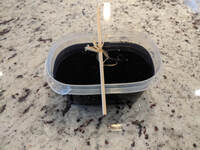 Today’s topic is Speak. This is the final week of Elul and also the final week of our first #ExploreElul! As we approach the start of Rosh Hashanah on Friday this final week also aligns with the days of the Creation story, with today, the 25th of Elul, regarded as the first day of the story. Throughout the story, each new thing is created after G-d speaks the words to do it. In the beginning there was nothing as G-d spoke everything into existence. Speaking is a powerful tool in what each of us can create in this world. As part of this Creation week we are doing a creation experiment, growing our own sugar crystals. Check out our posts each day this week to see how the sugar crystals are growing. The procedure for the experiment is included below so you can grow your own sugar crystals alongside ours! Be sure to use proper safety procedures and tag @jedstem and #ExploreElul in your post! Materials Need:
Procedure:
Today’s topic is Create.
In the Creation story, G-d creates the world simply through words: “G-d said, ‘Let there be light!’” Coding is also creation through words, although they aren’t always recognizable in a language we might speak. Coding languages allow us to tell computers to do a series of tasks, and depending on the computer, can cause a page to print, or even a production process to begin. Coding can also be a fickle thing, because your language has to be precise in order to create the exact chain you want. If you mistype or leave out even the slightest step, you will end up with an entirely different outcome. With this mind to precision, what are you looking to create this year? What steps do you need to take to have it take shape? Today’s topic is End.
What is an ending? Is the work ever finished? At the start of #ExploreElul we talked about the Design Thinking Process and how you can keep iterating on your designs to continue to improve them. This process of continuous improvement, or Kaizen in Japanese, is common within the manufacturing industry (and is also one of Trader Joe’s 7 Core Values). The Kaizen philosophy is one of improvement to every aspect of an organization from the newest employee to the longest tenured through improved efficiency and teamwork. The goal is Kaizens is to make everyone’s life easier, safer and more fulfilling. Businesses aren’t the only ones who can use Kaizens. If we keep an open mind we can find ways to improve not only our lives but those around us. Today’s topic is Love
Drs. John and Julie Gottman are researchers who have dedicated years to the study of relationships. Specifically, Dr. John Gottman has spent time focusing on marriage stability and noting patterns that lead to the dissolution of a marital relationship. Through this research of what not to do, the Gottmans now run the Gottman Institute and dedicate themselves to working with people (couples, parents, and professionals) to help them strengthen their relationships and work through conflict productively. One thing the Gottmans’ note is that conflict is inevitable! Instead of shying away from disagreement or frustration, they teach that there are ways to process these feelings and come to a solution. As we navigate asking for forgiveness from those we have wronged in the coming days, the Gottmans remind us to be free of the Four Horsemen of the Apocalypse communication patterns, and counteract them with the Antidotes: gentle starts, culture of appreciation, taking responsibility, and taking breaks. In this way, we can communicate with our loved ones and begin the new year afresh. Today’s topic is Count
Did you know that there is an entire book of the Torah dedicated to counting? The fourth book of the Torah is called Bamidbar in Hebrew, which means Numbers in English, because it includes the process of the Israelites conducting a census. After Moses received the Ten Commandments he is commanded by God to conduct this census, which only includes the Israelite men of military age. After the census is finished it is found that there are 603,550 Israelites of military age. Over 30 years later as the Israelites approach the Promised Land, another census is conducted, so that the lands could be appropriately divided among them. This second census finds that the number of Israelities has fallen to 601,730. Today, during the Torah Service portion of a Shabbat morning service, you may see members of the congregation raising their pinkies into the air during Hagbah (when the Torah is lifted, and its words shown to the congregation. This tradition comes from the census, that each member is important and valued as part of the community. Today’s topic is Forgive
Science is all about trial and error. Thomas Edison said of his invention of the light bulb “I have not failed. I’ve just found 10,000 ways that won’t work” Even if something doesn’t work if you record your results and keep trying you can ultimately get it to work. On the Day of Atonement, Yom Kippur, we think about the ways we have erred, or maybe not done exactly what we wished we had. Yom Kippur is our opportunity to give a heartfelt attempt at another try towards getting it right. Today’s post also includes a procedure for our third #ExploreElul experiment, Invisible writing. This experiment is one that you can try multiple times with slightly different variations of lemon juice, drying time, or heat source to get potential different results. Try the experiment out and tag us @jedstem with your results. |
AboutJEdSTEM aims to develop engaged, curious, and innovative Jewish minds for the modern world. Archives
February 2022
Categories
All
|
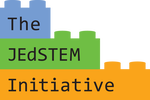
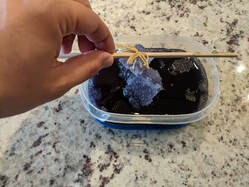
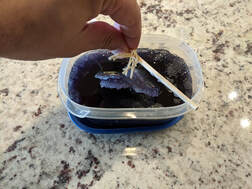
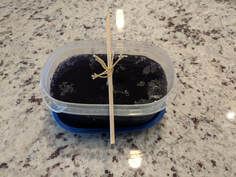
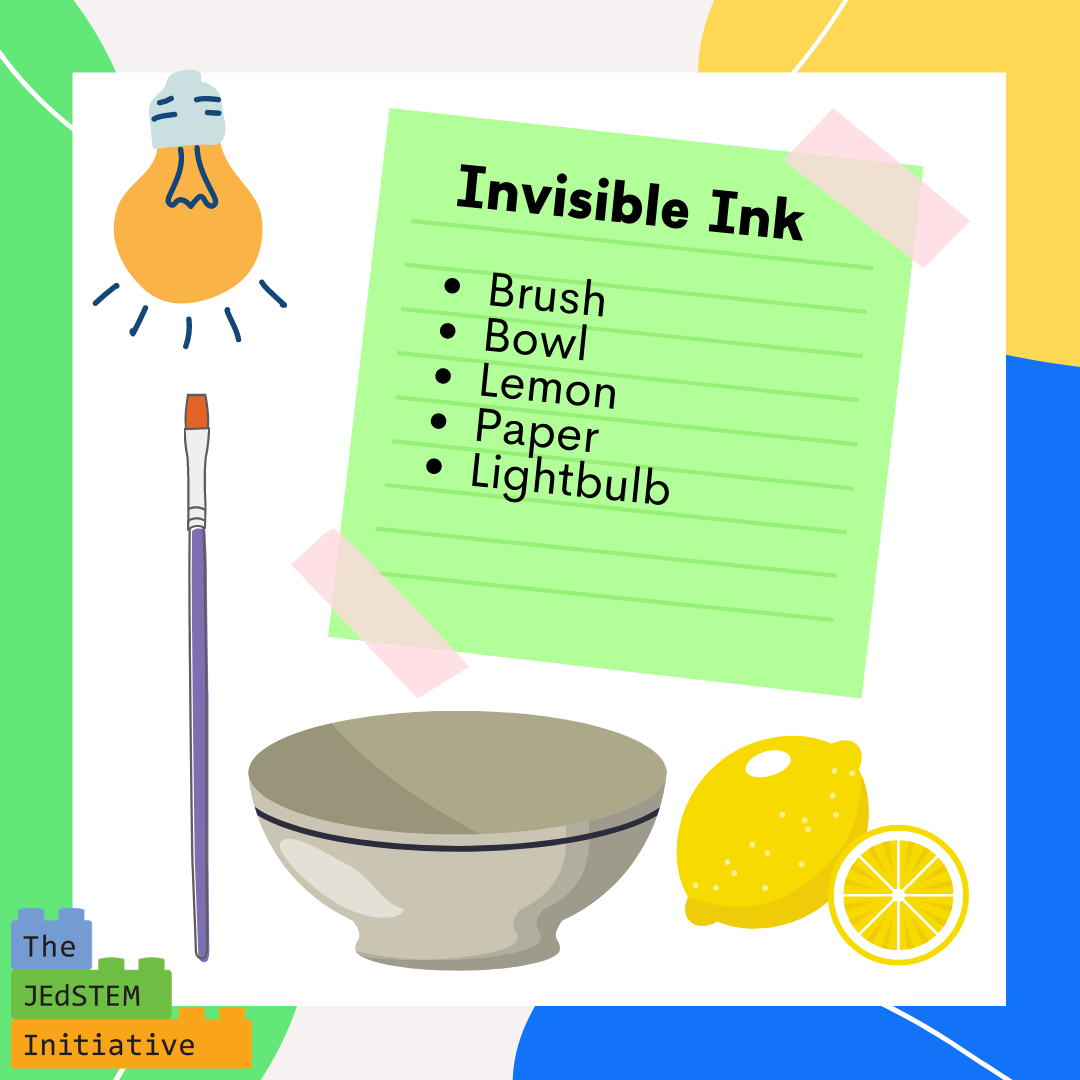
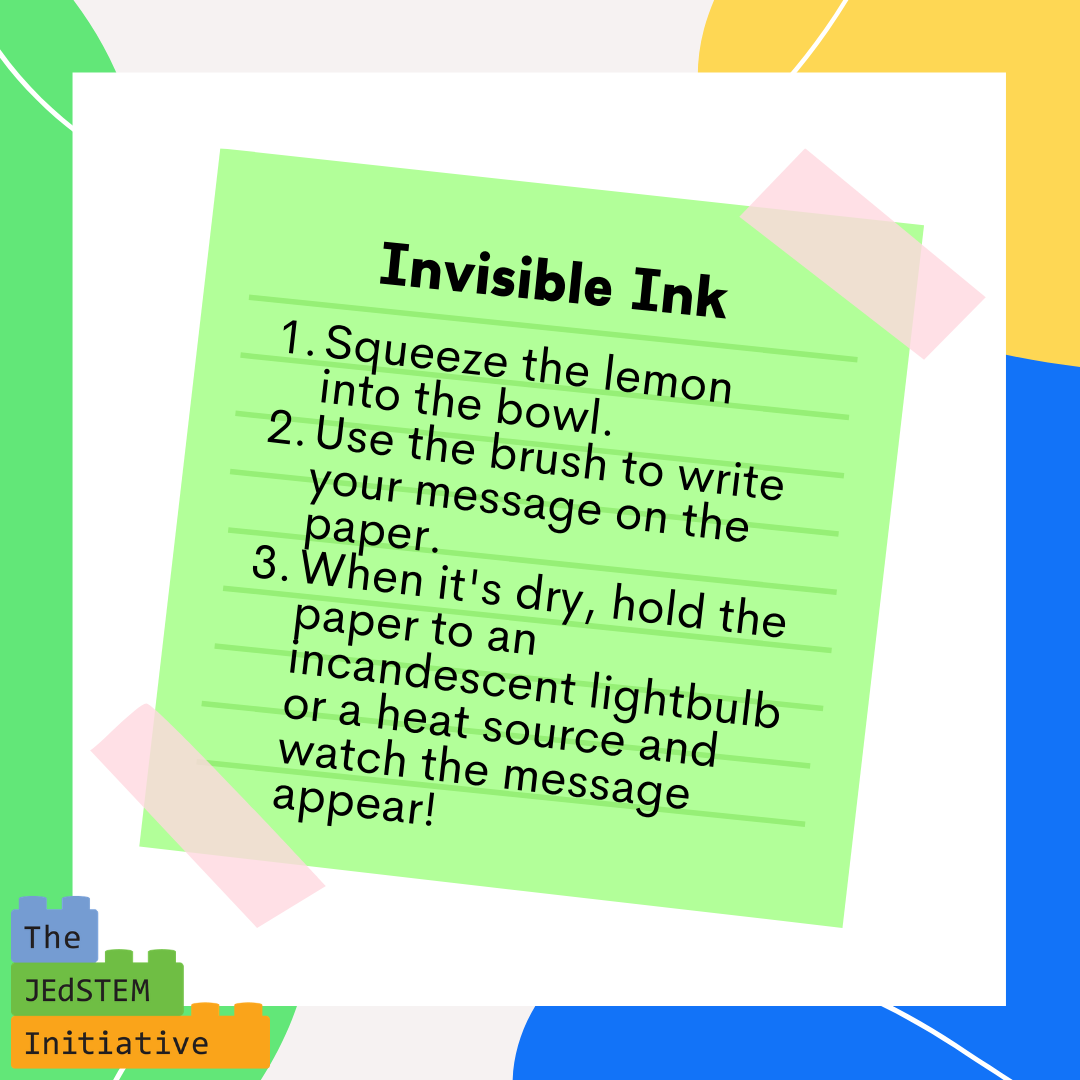
 RSS Feed
RSS Feed